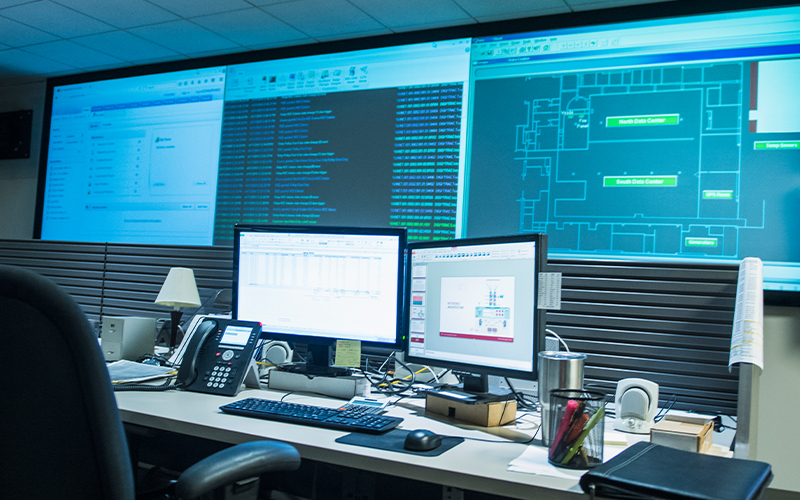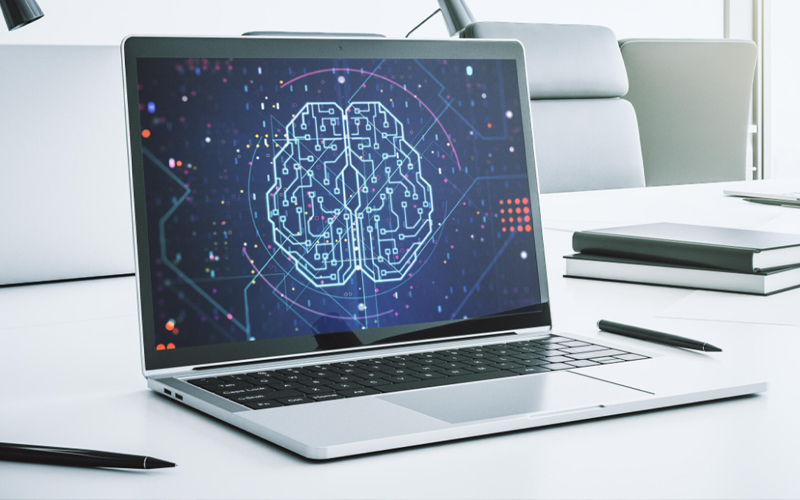Environmental sustainability is the new mantra – and rightly so. Industrial growth over the past two centuries has led to severe exploitation of natural resources, led to climate change and left a global impact. The United Nations Sustainable Development Goals (UN SDG) represent a consensus of 193 countries for sustainable development by 2030 which requires a collaborative effort of governments, public and private sectors, communities and individuals. In developing countries, the private sector constitutes about 60 per cent of the GDP (on average), generates 90 per cent of jobs, and 80 per cent of capital inflow. This makes the private sector crucial for achieving sustainability goals. On the flip side, the SDGs also create new business opportunities and revenue generation models, increasing attractiveness to investors, employees and customers. By integrating AI in sustainability, businesses can make paradigm shift to sustainable operations, businesses can improve supply chain and operational efficiency and optimise resource utilisation, leading to a win-win for all stakeholders. Organisations also have the opportunity to leverage ai in sustainability to become the guiding light for compliance and risk mitigation when it comes to environmental regulations.
Corporate efforts for sustainability – A rocky road to a green world
While advancing and accelerating sustainability is certainly on the agenda for most businesses, there are several challenges that must be addressed before companies can truly derive the benefits of going green. Companies must be aware of the environmental policy in the region that they operate in, especially the ones they have manufacturing plants in. Often, environmental regulations increase production costs, and have an impact on productivity, but the advantages to human life, society, communities and the environment outweigh the corresponding costs. Investment decisions and production technology are also influenced by such regulations, and companies need to account for regulatory compliance costs. Sustainability challenges are not faced by individual organisations, but across companies in multiple sectors. The lack of collaboration on available data between peers and across industries can often leave businesses with limited options to pursue their sustainability agenda.
Standardised performance indicators and streamlined reporting processes are necessary to gauge where you stand on the sustainability index. While businesses have committed to lofty sustainability goals, the acceleration to net zero is a difficult proposition in the absence of data-driven targets and measures for sustainability initiatives. Without supply chain traceability and transparency, it is impossible for businesses to understand the product journey and determine if they are actually building sustainable products. Product sustainability is also determined by Scope 3 emissions that are the result of activities from assets not controlled or owned by the business.
By reducing waste and pollution, reusing or circulating products and raw materials, and regenerating nature, companies can accelerate their sustainability journey. Several of these challenges can be addressed with data partnerships and Artificial Intelligence (AI)-powered solutions.
How data and AI can help businesses become more sustainable
Effective sustainability initiatives require unified data. Advancements in data management* mean that fragmented data from various sources can be collated and managed in a holistic manner. Companies can leverage this data with intelligent solutions powered by AI and ML technologies, to drive operational efficiency, better resource utilisation and reduce environmental impact. Open Data, which is data that is available online, free for anyone to use, is seen as a key enabler for the UN SDG. Open Data initiatives involve using publicly available data and transforming it into more useful forms that can be used to achieve sustainability goals. Partnerships between governments and businesses can help to share this data within established policies and frameworks so that companies can use this data to pursue sustainability. Similarly, collaborating and sharing data with industry peers and competitors by establishing pre-competitive partnerships would help companies develop effective industry-wide sustainable solutions. Cross-sector collaboration is also needed between businesses, governments, NGOs and environmental organisations. For instance, a collaboration between Global Forest Watch (GFW) and the Google Earth Engine helps to discover deforestation in tropical forests within weeks, something that used to take several months.
Artificial Intelligence (AI), Machine Learning (ML) and big data analytics can be used to optimise and build intelligent supply chains that help businesses reduce pollution and carbon footprints. The agricultural sector stands to make tremendous strides with technology. AI-augmented agricultural solutions can enable disease detection in crops, and satellite imagery can be used to track land use. The automobile sector can employ AI in electric vehicles. In the power sector, intelligent grid systems can be used for efficient energy management. In the renewable energy sector, AI-based algorithms are used to improve the accuracy of weather forecasts and manage the distribution of renewable energy, based on demand and supply.
With new approaches towards conducting business, data partnerships, and technologies such as AI and ML, corporations can accelerate toward a sustainable future, and gain a competitive advantage.
*For organizations on the digital transformation journey, agility is key in responding to a rapidly changing technology and business landscape. Now more than ever, it is crucial to deliver and exceed on organizational expectations with a robust digital mindset backed by innovation. Enabling businesses to sense, learn, respond, and evolve like a living organism, will be imperative for business excellence going forward. A comprehensive, yet modular suite of services is doing exactly that. Equipping organizations with intuitive decision-making automatically at scale, actionable insights based on real-time solutions, anytime/anywhere experience, and in-depth data visibility across functions leading to hyper-productivity, Live Enterprise is building connected organizations that are innovating collaboratively for the future.









